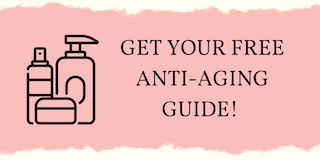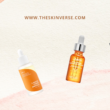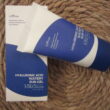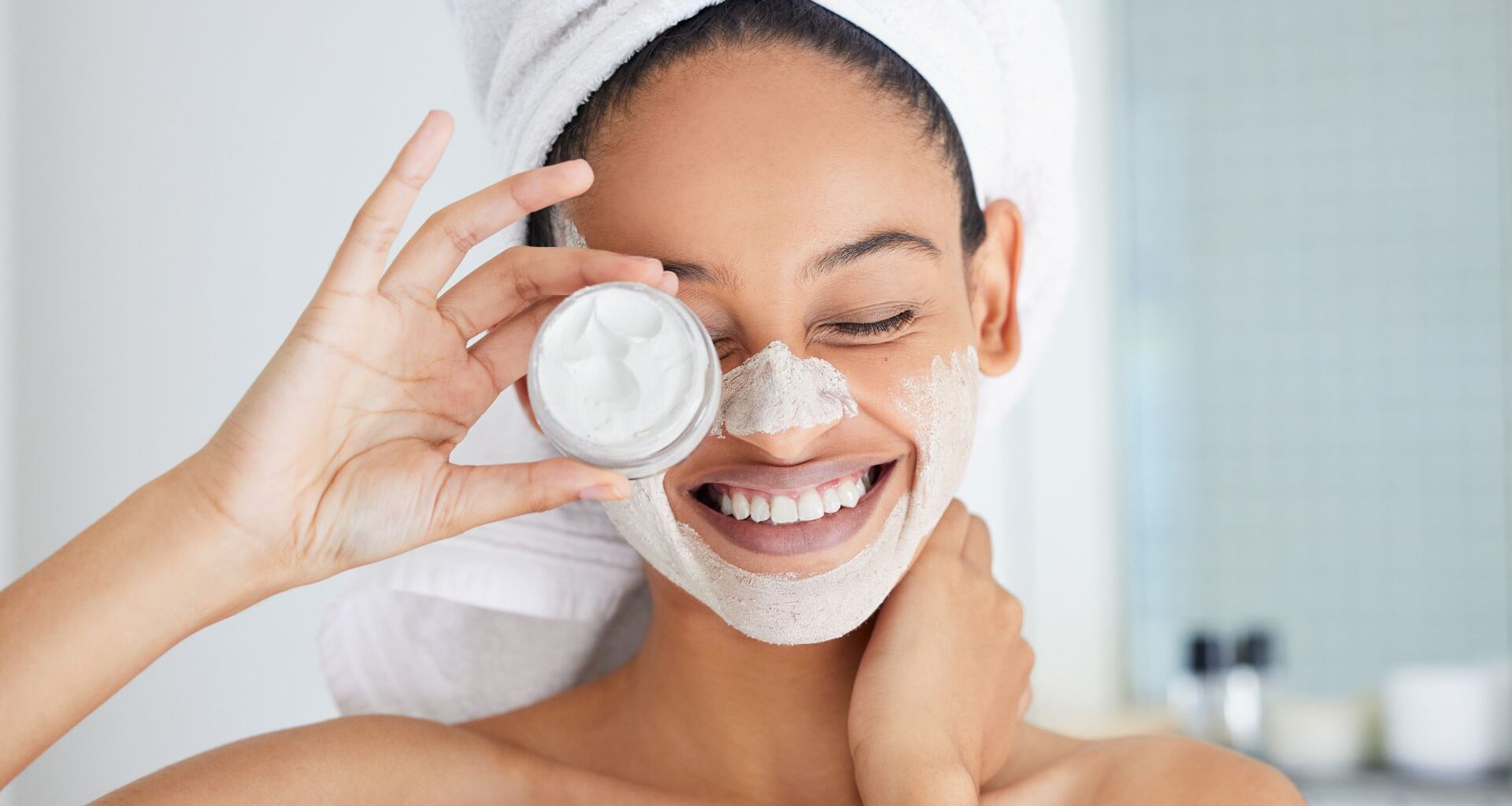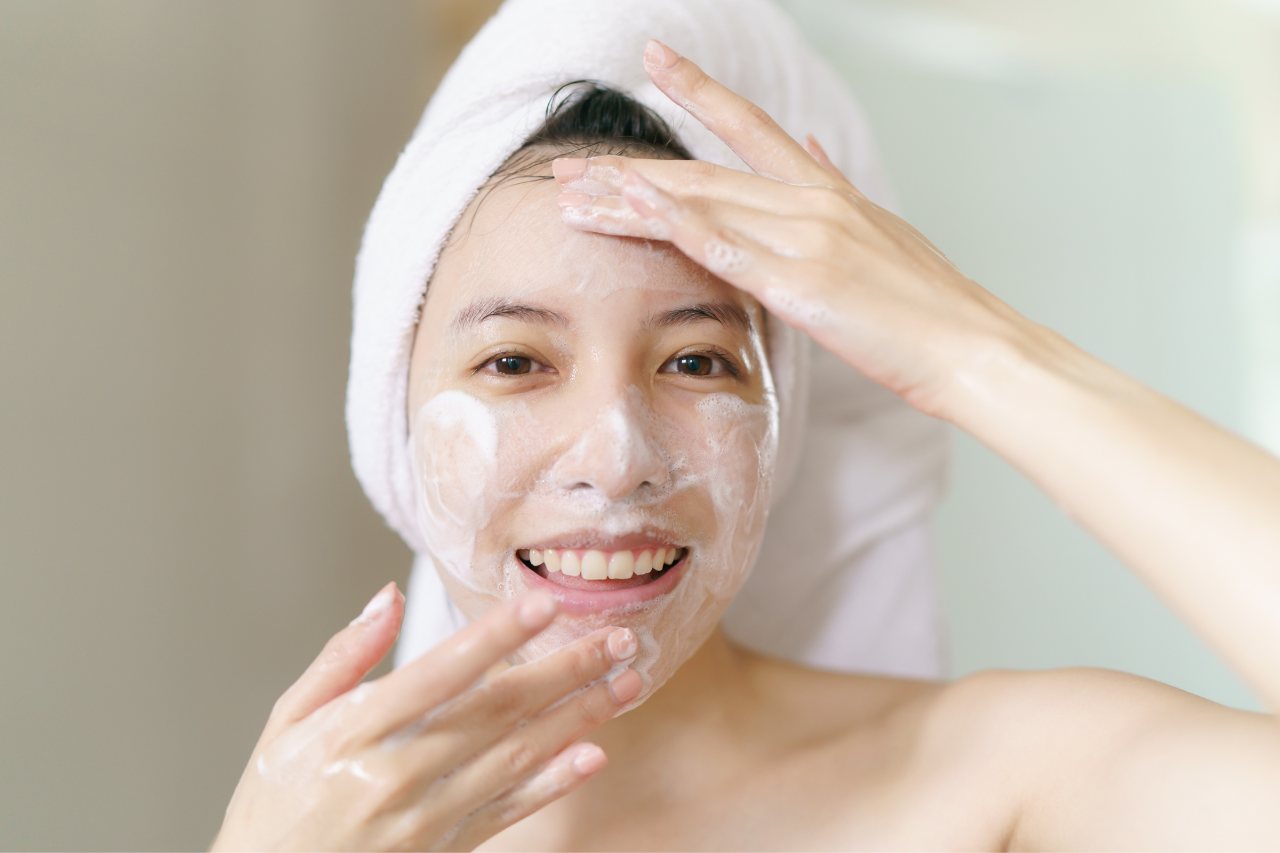Sensitized skin is often confused with sensitive skin, which is to be fair, somewhat similar. If you have sensitive skin, just like me, you know what I am talking about: You see this viral miracle serum on TikTok that people swear by. You get excited and go to the nearest Sephora and can’t wait to cover your face with it. What happens next is unlike those TikToks you saw, this serum doesn’t deliver much except for redness, itchiness, and a cry for help. And then comes the detective work to find out what ingredient in that product caused this.
With so many products hitting the skincare market every day, it is hard to track what’s gentle for sensitive skin and what’s not. However, before talking about the products, let’s talk about what sensitized skin means, and what makes it different from sensitive skin.
Sensitized skin vs sensitive skin: what’s the difference?
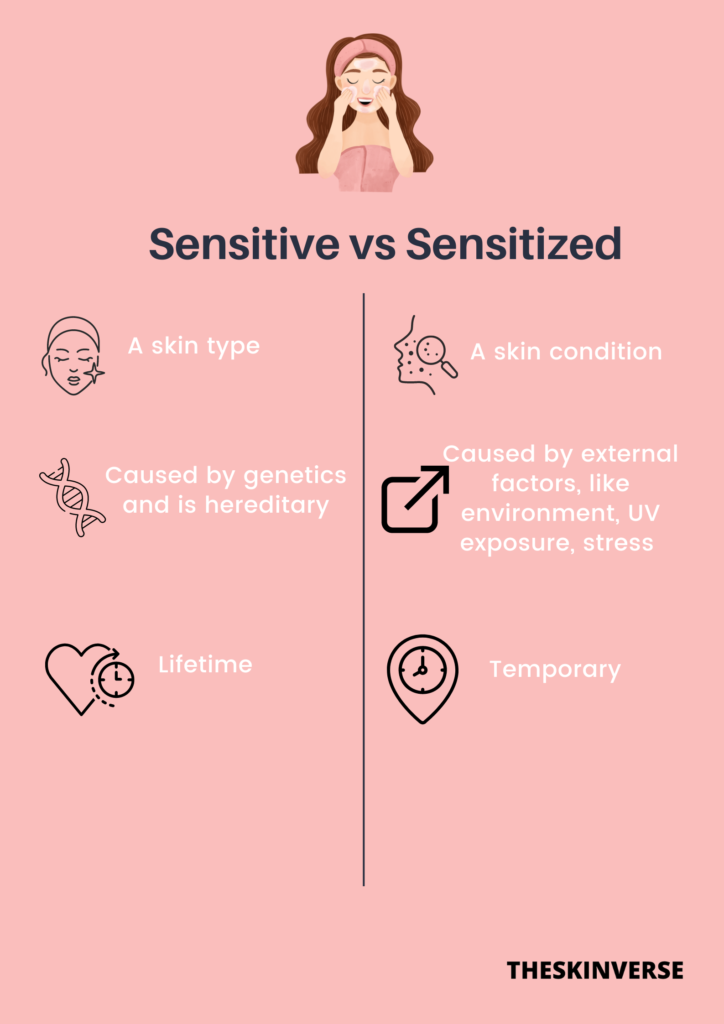
The difference between sensitized and sensitive skin is their root cause. Sensitive skin is a product of genetics, meaning you are born with it. Sensitized skin, on the other hand, is gained later on, as a result of environmental changes, using the wrong ingredients, or sometimes just a bad skincare routine. Now that we got the difference out of the way, let’s dive deeper into each.
What is sensitive skin, really?
Technically, sensitive skin refers to unpleasant sensations (stinging, burning, pain, pruritus, and tingling sensations) in response to stimuli that normally should not provoke such sensations. Sensitive skin is your skin type and is predetermined by genetics. Just like oily skin, you can’t get rid of sensitive skin but there are effective ways to alleviate its complications.
The main reason behind having sensitive skin is a weakened skin barrier. Your skin barrier (or lipid barrier) acts like a shield and protects the skin against all the external bad guys like bacteria, and pollution. When this shield is weakened, these bad guys get their way into the skin and cause sensitivity. When they mess up with the barrier, as a result, you get inflamed, irritated skin. So, it is not surprising that people with sensitive skin are prone to having rosacea, eczema, or contact dermatitis.
And what does sensitized skin mean?
The deal with sensitized skin is a little bit different. You aren’t born with sensitized skin, it is caused by external factors like pollution, hormones, stress level, using the wrong ingredients, etc. Notice how your skin starts breaking out if you move to a humid environment? Or how it gets irritated if you over-exfoliate? In my case, it was salicylic acid that wreaked havoc, for example.
These are all external factors that can be managed if you eliminate/control what’s causing it in the first place. It is also to remember that any skin type can be sensitized, it is not that uncommon for dry or oily skin to be sensitized too.
How do I know if I have sensitized or sensitive skin?
Although there are difference between sensitive and sensitized skin, they show manifest themselves in similar ways. It is very common to experience flushing, redness, itching or burning sensations. Hyperpigmentation, dry patches, flaky skin are text book indicators of sensitive or sensitized skin.
The only to determine which one you have is about the time period: if you have sensitive skin, (or you likely have rosacea or eczema) you probably have had skin sensitivity your whole life.
Sensitized skin, however, can be temporary. If you notice some irritation or dryness that wasn’t there before, chances are you have changed something in your routine. Have you added a new ingredient to your routine? Maybe there has been too much stress at work lately which makes your skin break out more often? These are the things that can be managed by stopping using a certain skincare product, or they can require a lifestyle change.
Ingredients to use and labels to avoid if you have sensitive skin
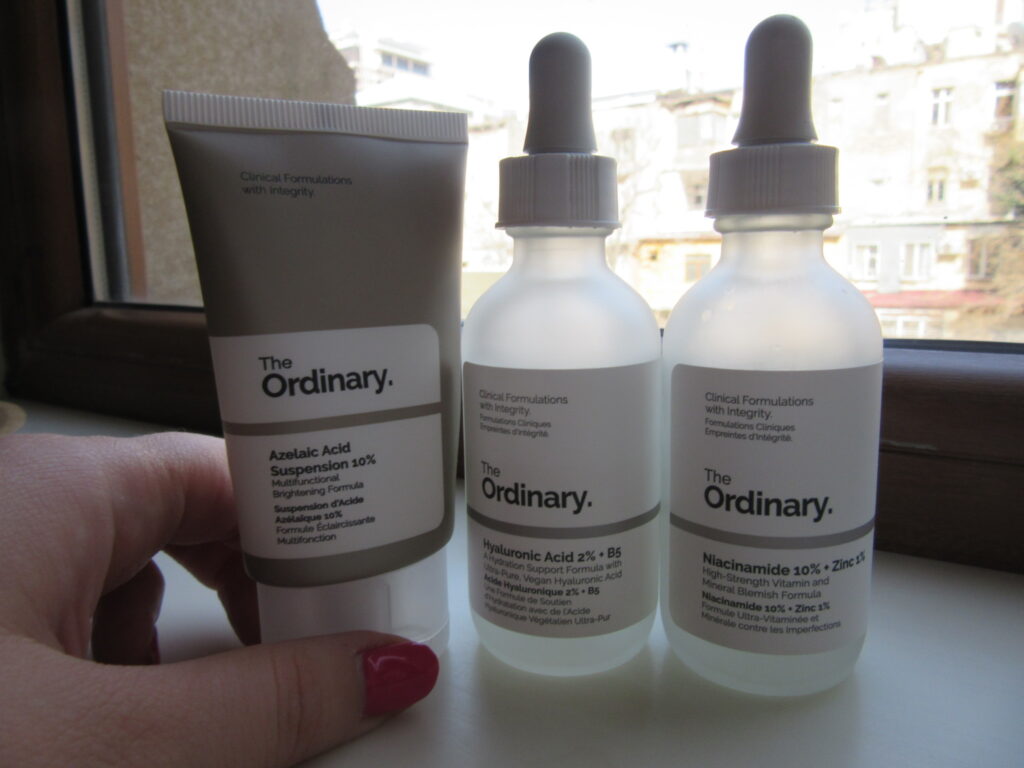
You can’t cure sensitive skin but you can tweak your routine and go with ingredients that support your skin barrier. A compromised skin barrier is bad news for sensitive skin, because it needs strengthening and extra care. Your skin barrier is made out of cholesterol, fatty acids, and ceramides. So, ideally skincare products (especially moisturizers) with fatty acids and ceramides can be every beneficial.
So, look for these ingredients to manage sensitive skin:
Skin barrier supporting ingredients:
- Ceramides
- Hyaluronic acid
- Allantoin
- Antioxidants like colloidal oatmeal
- Lipids
- Glycerin
- Urea
Whether it is dry or oily, sensitive skin needs ingredients that have humectant and occlusive properties. They are essential to maintaining your skin barrier’s moisture level. Humectants like hyaluronic acid, glycerin draw moisture into the skin, while occlusives like petrolatum, shea butter prevent moisture loss. So, they work hand in hand!
Go with gentle exfoliants
Exfoliating sensitive skin is very different in comparison with other skin types. Even normal skin can be sensitized if you over-exfoliate, or use harsher exfoliants. Sensitive skin types must steer clear of using scrubs that have abrasive particles that can damage the skin. Instead, stick to chemical exfoliants. The would include BHAs, AHAs or PHAs. The last two should be your go-to.
Stick to lactic acid, mandelic acid, or enzyme powders that are soothing and gentle. The main concern with sensitized skin is over-exfoliation. You don’t have to exfoliate your skin everyday! Just doing it 2 or 3 times a week is enough. I’d suggest starting out with once a week application to avoid any irritation.
Avoid the following:
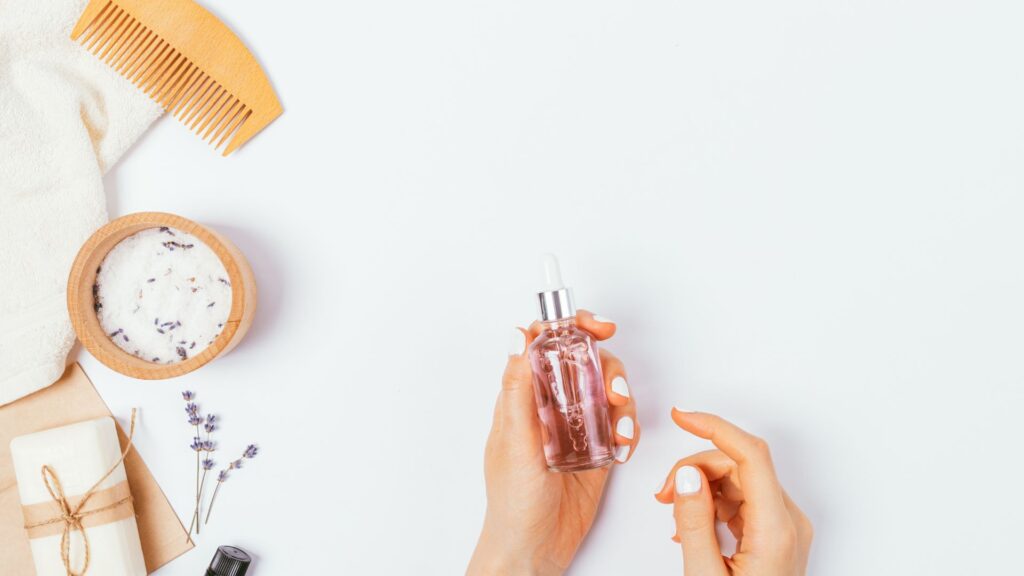
- Fragrance
- Alcohol
- Essential oils
- High potency actives
- Brushes, loofahs
- Scrubs with abrasive particles
Sensitized skin is a reactive skin, meaning it can be hard to predict what makes it break sometimes. That said, we know for sure that your sensitized skincare simply mustn’t involve fragrance or alcohol. Alcohol (especially alcohol denat, or denatured alcohol) is drying, that is why it is not welcome.
However, there are different fatty alcohols that are safe for cosmetic use.
Learn more about it here: The Truth About Alcohol in Skincare: Friend or Foe?
As for essential oils, the problem with them is the fact that they tend to clog pores. Plus, most of them contain fragrance. I know, not ideal for sensitive skin. There are some plant oils, however, that can help repair skin barrier and they don’t have fragrance. Here is the list:
- jojoba oil
- grape seed oil
- rosehip face oil
- argan oil
- evening primrose oil
- sunflower oil
Generally, skincare products with these oils are safe to use. Since it is sensitized skin we are talking about, it would be wiser to do a patch test (apply a small amount on your arm, for example) before using.
High potency actives like Vitamin C, or Retinol can sensitize the skin, and cause irritation very easily. Although they are considered holy grail ingredients, they do come with side effects. You should strictly avoid using highly concentrated Vitamin C products. Anything higher than 10% can wreak havoc on your skin. Stick to formulations that are under 5%, for the sake of your sensitive skin that needs TLC.
There are great alternatives to retinol that are absolutely perfect for sensitive, sensitized skin. Opt for bakuchiol products that are gentler on the skin.
Final tip for sensitized skin: Simplify your skincare routine
As a general rule, you should always introduce new products to your skincare regimen on at a time. If you use too many products at the same time, one unsuccessful combo can lead to a disaster. Using too much can awaken your skin barrier and mess with it.
At the end of the day, there will always be ingredients/products that do not agree with your skin, especially, sensitized skin. The important thing is about knowing what works for your skin and sticking to it.

